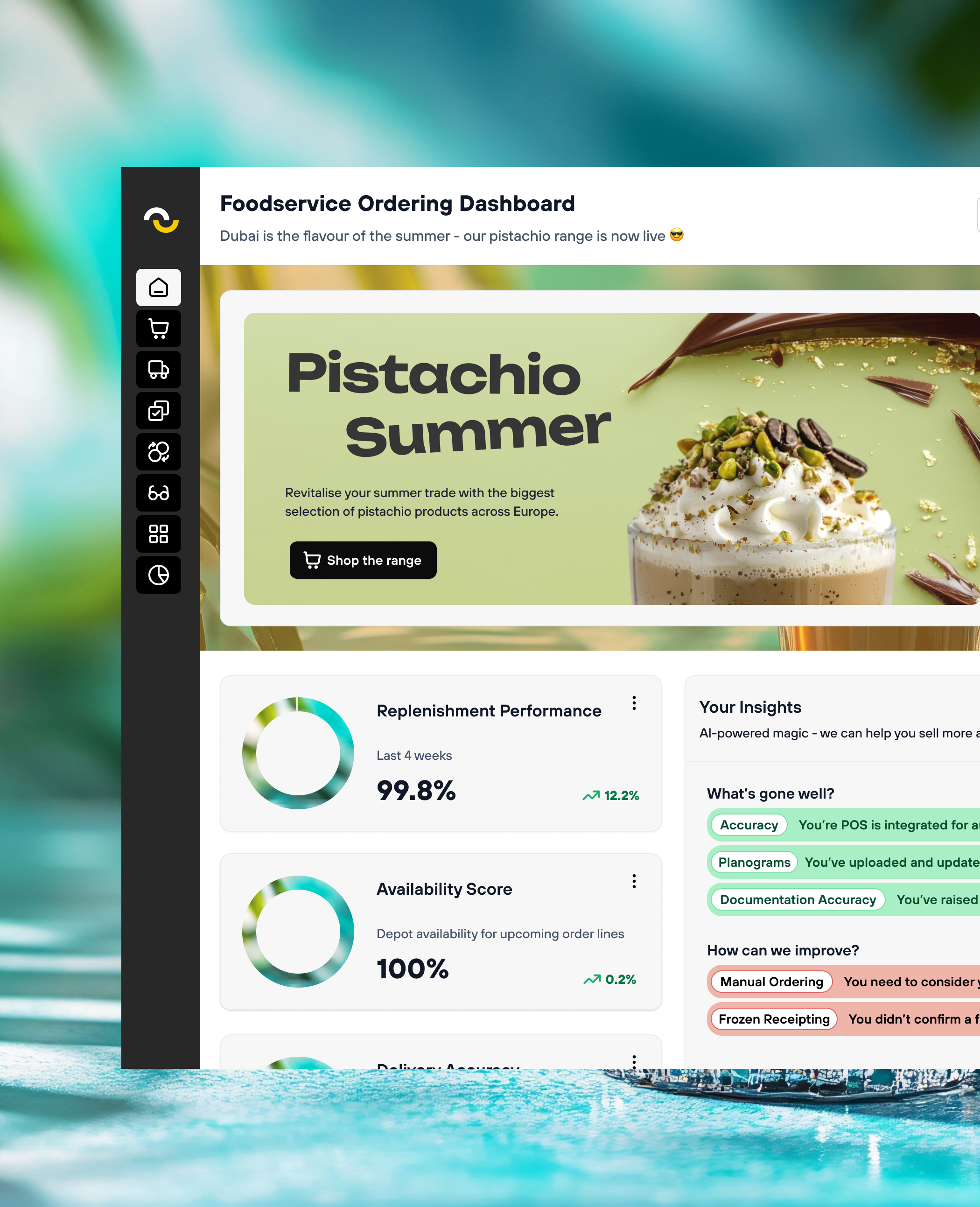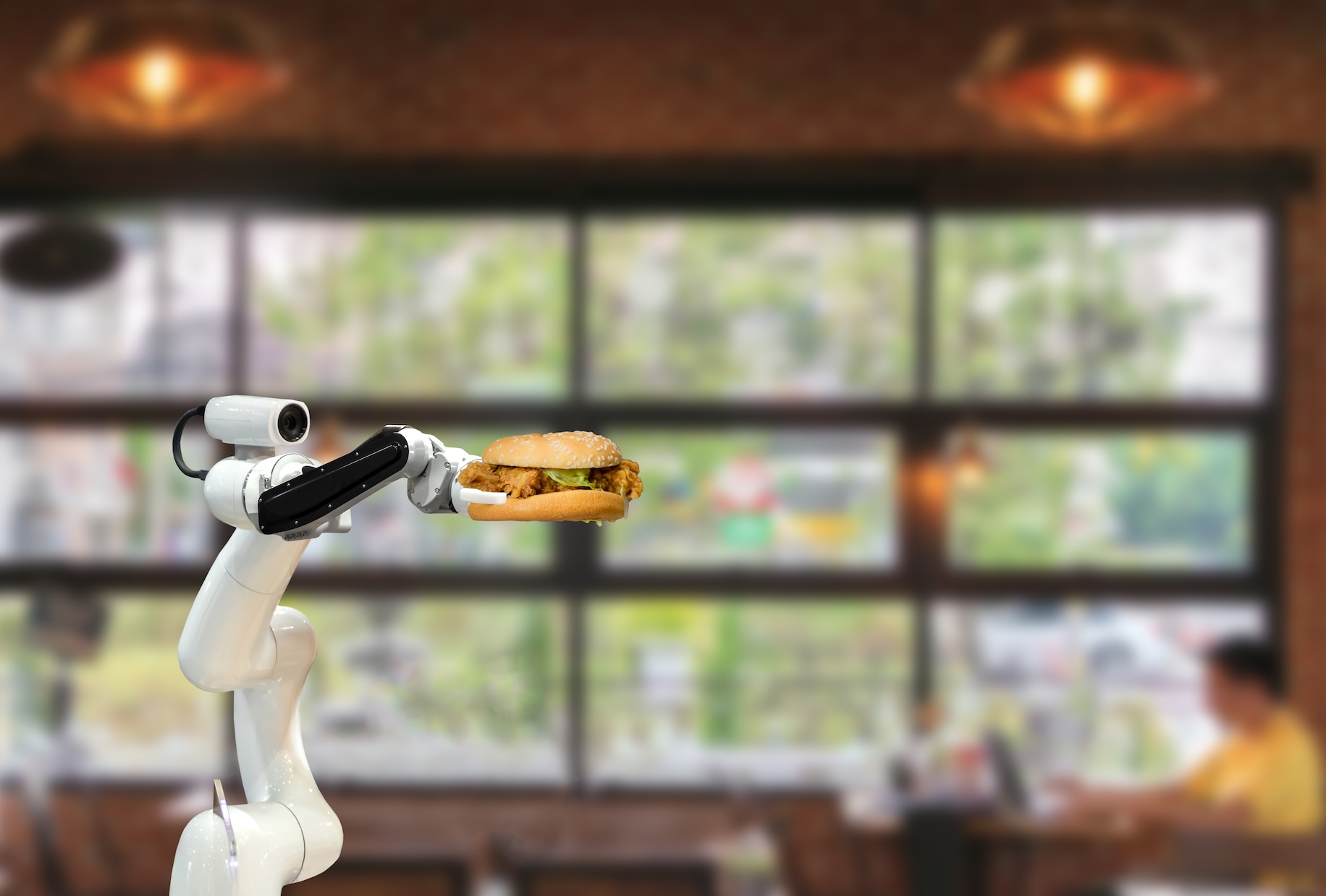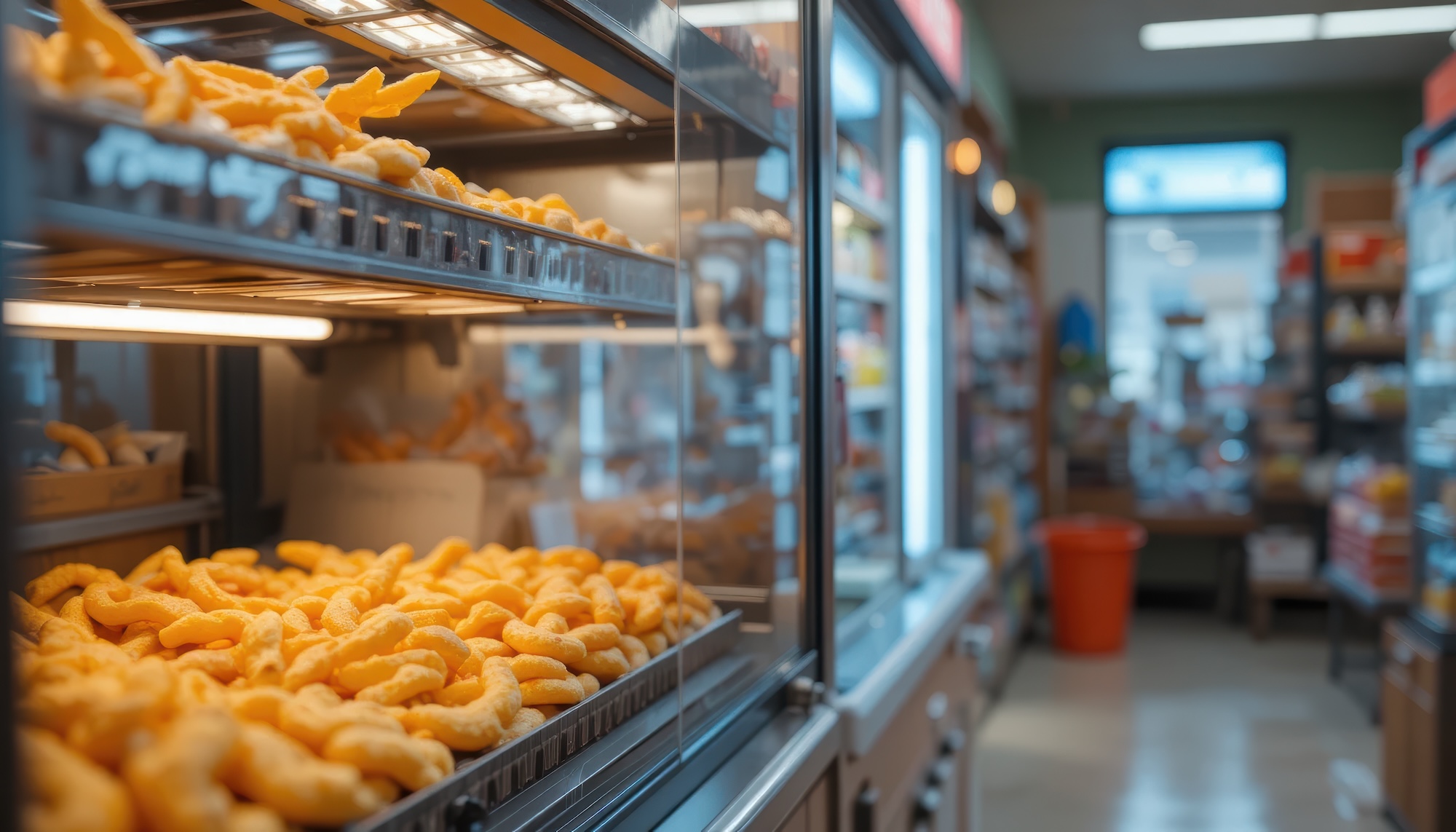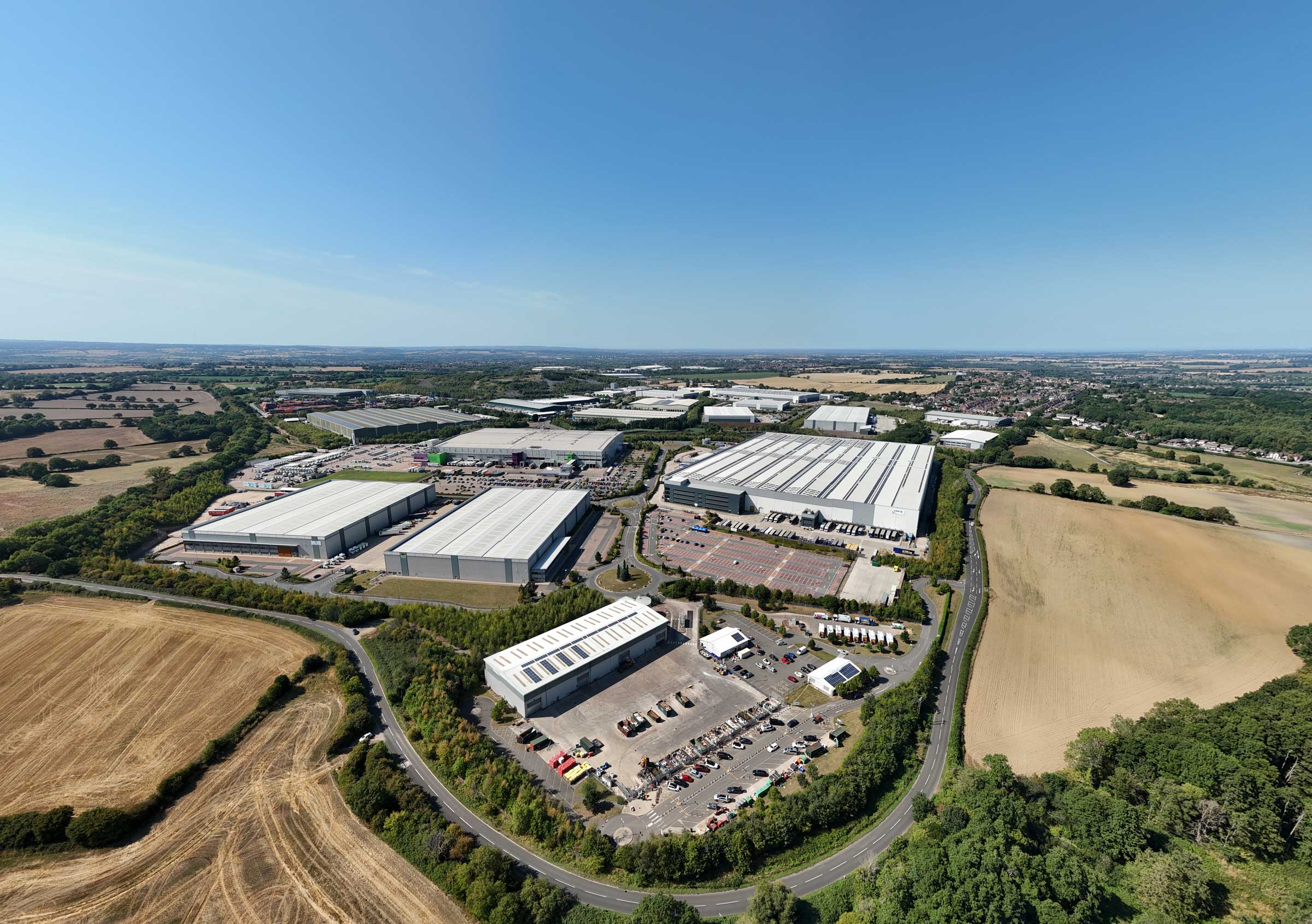Everything seems to be about now, the immediate. With technology always updating, internet speeds almost instantaneously delivering on our demands for information, stimulation, and entertainment – people expect the world, now. But how can we guide our teams to achieve their goals over time when they are used to immediate gratification? The answer is in the power of habit and thinking small.
Our Orderly scorecard is based on habits. Simple, regular, incremental improvements that change how each person inside a company works, with a view to creating better outcomes for profits (and in turn, the environment).
It’s about forming a mindset of continual improvement. But how can you use psychology to create great habits?
Habit-forming 1-2-3
To break out of old habits, you must form new ones.
There are three phases to habit-forming, at which point you will achieve automaticity (the ability to action habitual tasks without concentrating, by acting in an automatic capacity), according to P. Lally, et al, in “How are habits formed: Modelling habit formation in the real world.” The phases are:
- Initiation phase – which requires motivation and context with an activation cue, e.g. an event or time of day
- Learning phase –which requires repetition and consistency, choosing a personal target behaviour, the subject must choose a new behaviour to form a habit, not just negate an old one
- Stability phase – which requires time. It can take 66 days or more for daily repetition to plateau and form the habit.
Biting off more than you can chew leads to failure. Small, bite-sized changes are a great starting point to building towards bigger goals and greater achievements.
This idea might go against the grain for you and seem counter-intuitive, but you can even see the strategy working in nature.
Think about the giant, coast redwood (sequoia sempervirens); it starts its 2,000+ year journey from a tiny seed, about the size of a tomato seed. If germinated and propagated successfully a redwood can grow 5 feet per year and up to 150 feet in a human’s lifetime. But it can grow more than twice that size in its lifetime. Small steps – massive growth.
The idea of thinking small for big gains has proven to be a natural and winning business formula.
Consider micro-shifting
‘Micro-shifting’ is also talked about at Entrepreneur.com as a positive way for companies to make daily forward movements. The general idea is to make change do-able, affordable, fluid, and habitual. It is about acting and taking control every day to get stuff done.
Another plus for micro-shifting is big tasks can be daunting and cause anxiety and procrastination, but bite-sized tasks are easy to achieve and are usually fulfilled happily.
These micro-shifts make big changes happen over time. Develop the small details one at a time. Establish your brand thoughtfully with simple values that genuinely mean a lot to you. And finally, celebrate the micro-wins.
Do these things through micro-shifting consistently and daily until it becomes self-perpetuating.

The bottom line
If you are want to become more profitable, but the big picture is fuzzy and fading from view, then it’s time to shift to thinking smaller and taking micro-movements.
The Orderly Scorecard analyses all the data from around your organisation and uses AI recommendations to suggest ways to increase operational efficiency and sales in food and beverage enterprises – right insight, right person, right time.
The scorecard contains three things a person is doing well for their organisation, two things they can improve upon and one score out of 5 that benchmarks them against their peers and other organisations.
By making small, micro-changes each week we can increase operational efficiency, and, in turn, sustainability. We can surface metrics to speed up drive-through time – stopping cars from idling and producing excess CO2 – and even find which products are most harmful to your bottom line (and triple bottom line).
Choosing Orderly could be your next natural micro move that will turn small thinking into big change.










.svg)

.svg)
.svg)